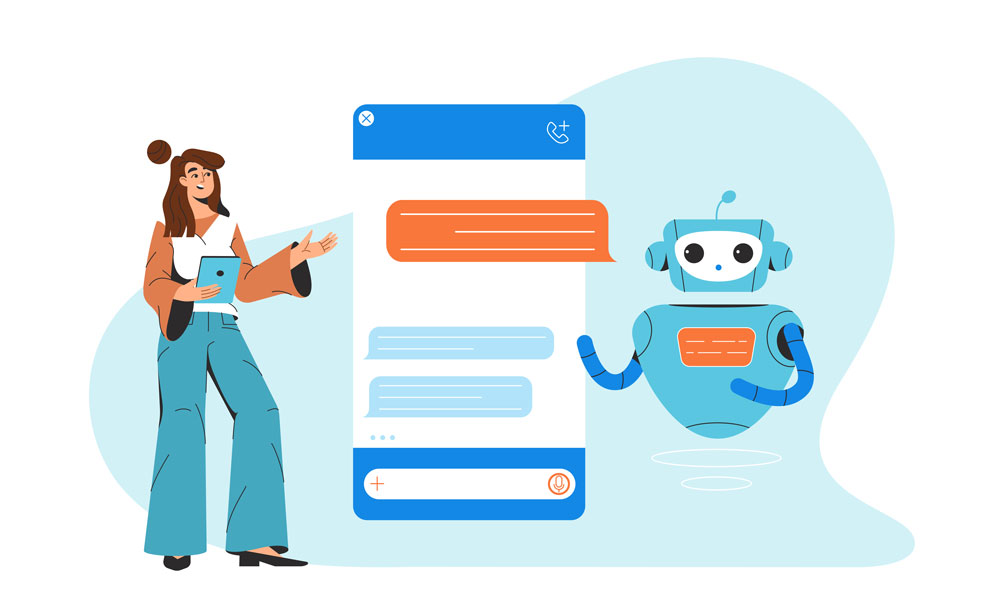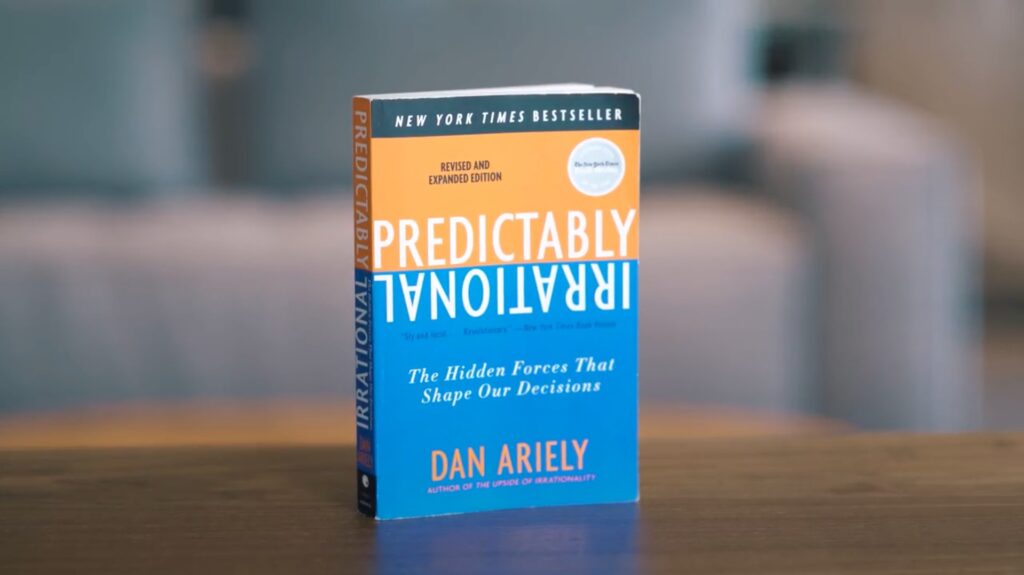Disclaimer: The entire article has been written using online tools and AI writing services like Writesonic, Grammarly, and Quillbot. AI’s application for a part of marketing (content marketing) in practice!
There is no doubt that artificial intelligence will change digital marketing. It’s more important to consider current patterns that are expected to continue over the coming years rather than just recent changes that are happening right now. Exciting new prospects might arise in the digital marketing field thanks to AI’s power. But it goes further than that. Under the umbrella of AI, there are so many additional methods, strategies, and productivity boosters. If you want to use artificial intelligence to your advantage, you must stay current in this rapidly expanding sector (and your agency).
What Is AI and What Does It Mean for Marketing?
Artificial intelligence is the concept of machines that can simulate human intelligence by building algorithms. These algorithms are programmed to create the desired outcome and then implemented within an application to achieve that goal. AI is all about feeding information into algorithms to get actionable results. It’s the future of technology, and because of that, it is already having a significant impact on marketing. Marketers are now able to automate many daily tasks and focus on higher-level activities such as outreach, content creation, and strategic partnerships. This allows them to be more efficient with their time and create better results for brands and advertisers. The potential for AI in marketing is huge. Machine-learning algorithms can be trained to understand data in ways that are beyond the capability of humans. This is because machines are able to process data in ways that are millions of times faster than humans can.
How Does AI Help Marketing?
Marketers can use AI to automate campaigns to deliver consistent messages and results. They can use AI to train chatbots and virtual agents to respond to your customers’ needs and address their concerns. AI can be used to collect data on your audience and their behavior to create better content and tailor it to the right people. AI is great for predictions, too. Predictive analytics use data to forecast the future and help marketers make better decisions. You can use predictive analytics to forecast demand, find new customers, optimize your marketing spending, and execute your marketing strategy.
The Road to AI Marketing Success
Marketers who want to harness AI’s power need to take a strategic approach. Defining clear goals and expectations will help you stay on track and avoid getting distracted. Before you start building your AI strategy, you should know your goal. What is your objective? Do you have a SMART goal? If not, you should sit down and do that now. Defining clear goals will help you stay on track and avoid getting distracted. If you get off track, go back and review your goals. Your next step is to understand your data. This is the most essential part of your AI strategy. You want to know where your data is coming from, how it’s being collected, and what you can do with it. If you’re using a tool, you want to understand how it works and how you can use it.
Key Takeaway
If you want to make sure you are ready for the AI revolution, there are a few things you can do. First, make sure you understand what AI is and have a clear understanding of how it works. Then, set goals for your AI strategy and understand your data so you can leverage it. With these things in place, you’ll be well on your way to a successful AI marketing strategy. Finally, you need to know that AI is not a silver bullet. It’s a powerful tool, but it will not do the work for you. You need to understand the implications of AI and use it to your advantage.




